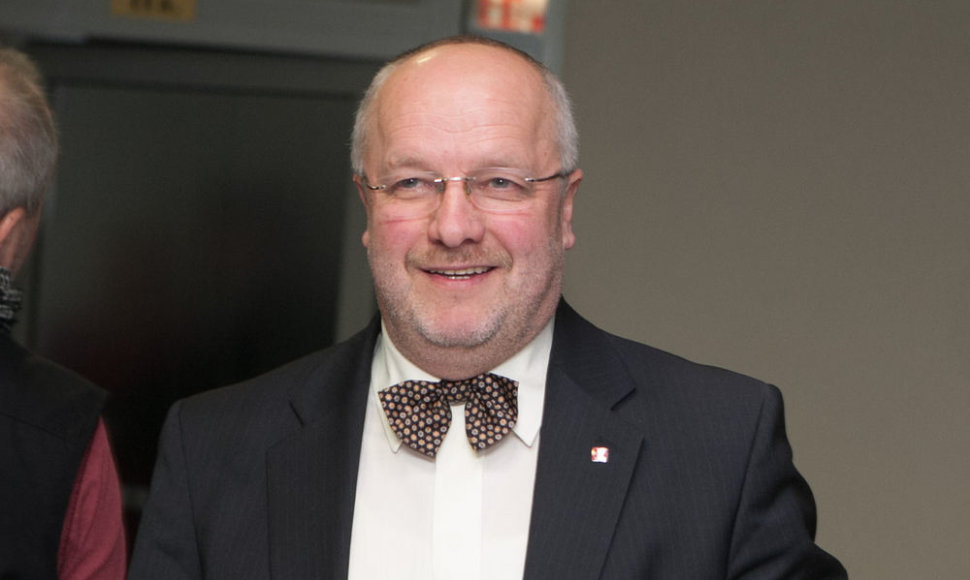"All we lack is a political vision on future integration of European defense capacities, we expect that heads of states and governments will take a leading role in December and set the guidelines we need in our day-to-day work," Olekas said at an interparliamentary conference of common foreign and security policy and common security and defense policy at the Lithuanian parliament on Thursday.
"The December European Council is an opportunity to actually commit to developing EU defense capacities, i.e., carry out pilot projects regarding aerial refuelling, remotely-controlled drone systems, satellite communication, cyber defense and give a political impetus to further EU defense cooperation," the minister said.
He noted that EU security and defense policies have matured and made substantial progress over the past decade, adding that the EU's role in crisis management was “still rather modest” in the context of global policies. "Defense budget cuts may decrease the European role even further," Olekas emphasized.
EU defense ministers started a two-day meeting in Vilnius on Thursday.












